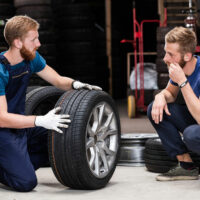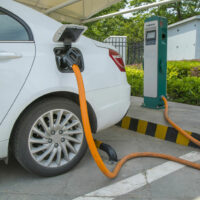
Top 14 safest crossover SUVs of 2023
In an era where safety is paramount, selecting a crossover SUV that combines style, utility, and security becomes a top priority for many. The year 2023 brings a lineup of crossover SUVs that excel in safety features, earning high marks in crash tests and offering innovative technology. This article delves into the top contenders for the safest crossover SUVs 2023 title, providing insight into their crucial safety features, performance, and overall value. Subaru Outback Subaru has long been associated with safety, and the 2023 Subaru Outback is no exception. Equipped with Subaru’s symmetrical all-wheel drive and EyeSight Driver Assist Technology, the Outback boasts impressive safety credentials. The EyeSight system includes adaptive cruise control, lane-keeping assist, and pre-collision braking. Combined with excellent crash test ratings and a spacious interior, the Subaru Outback earns its place as one of the safest crossover SUVs in 2023. Toyota RAV4 The Toyota RAV4 has constantly been a top performer in the crossover SUV segment, and the 2023 model is no different. It features Toyota’s Safety Sense 2.0, which includes advanced safety features like adaptive cruise control, lane departure warning, and automatic emergency braking. In addition, the RAV4 offers robust build quality and reliability, making it a solid choice for safety-conscious consumers.
Read More. 














